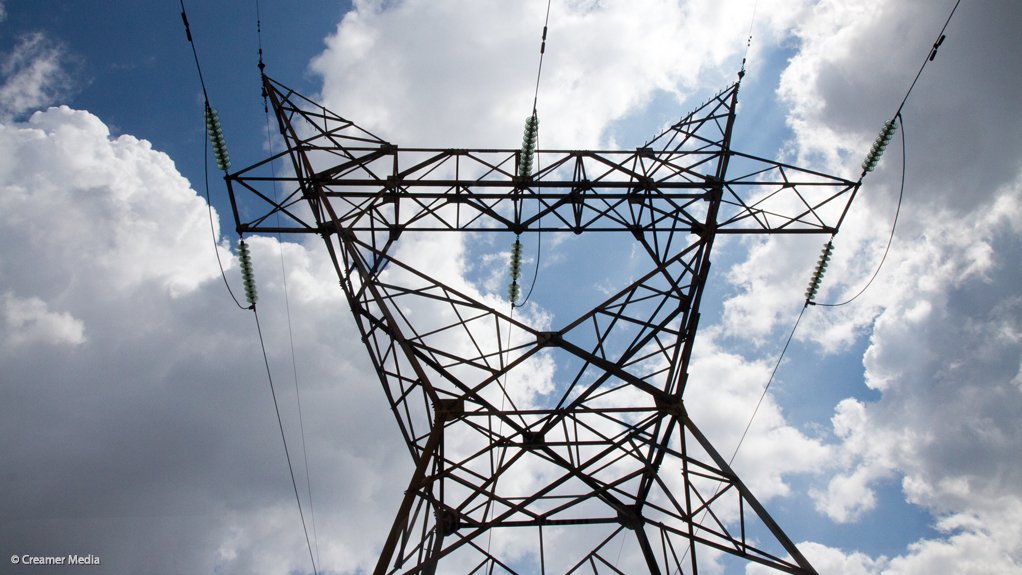Eskom acting CEO Brian Molefe is confident Africa will be able to raise the additional $450-billion it needs to reduce power outages by half and achieve universal electricity access in urban areas across the continent by 2040.
He told delegates at the PowerGen Africa conference, in Cape Town, on Wednesday that investors had boosted their support for African megaprojects, particularly those in energy and power distribution.
A recent study by Deloitte had found that investment in African megaprojects increased by 46% to $326-billion in 2014. Energy and power distribution were the largest contributors, accounting for more than a third of megaprojects undertaken in Africa last year.
“We are confident this can be done, because a year-on-year increase of 46% tells us that investors now understand that investing in Africa is investing in progress and youth,” Molefe said.
According to a recent report by McKinsey, sub-Saharan Africa will consume nearly 1 600 TWh – four times more than the 2010 level – by 2040. This was forecast taking into account increased urbanisation, a fivefold increase in gross domestic product and a doubling of the population.
Renewable energy is expected to plug some of the demand, with tremendous potential in gas, solar, hydro, wind, coal and geothermal resource potential in Africa.
“As we look to megacapacity-expansion projects across the continent and develop new sources of energy, we have the potential to realise significant economic growth for our countries through these projects,” Molefe said.
On local demand for more electricity, he noted that Eskom would be investing a further R580-billion in capacity expansion over the next five years in a bid to achieve universal access to electricity for all South Africans.
Meanwhile, talk of the Grand Inga hydropower project in the Democratic Republic of Congo (DRC) generated some excitement at the conference.
Department of Energy (DoE) chief director of electricity Jacob Mbele said the DRC and South Africa were in negotiations about the project, which had the potential to provide 13 000 MW of clean energy to South Africa.
“The potential is also huge for economic spin-offs for projects and for providing goods and services, skills development and job creation,” Mbele said during the opening plenary of the conference.
On the South African front, Mbele said the DoE would scale up its campaign to reduce energy wastage across various sectors. He said about 30% of energy produced is lost due to wastage. Intensive energy users would need to supply energy management plans.
“All stakeholders are essential to make sure this drive becomes a success,” he stated.
Incentives and tax breaks would be introduced, while there would also be some emphasis on shifting some of the demand from electricity to liquefied petroleum gas.
EMAIL THIS ARTICLE SAVE THIS ARTICLE
To subscribe email subscriptions@creamermedia.co.za or click here
To advertise email advertising@creamermedia.co.za or click here











